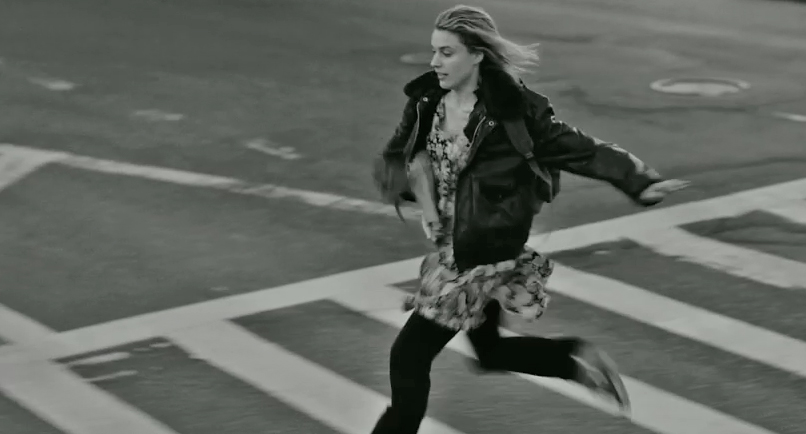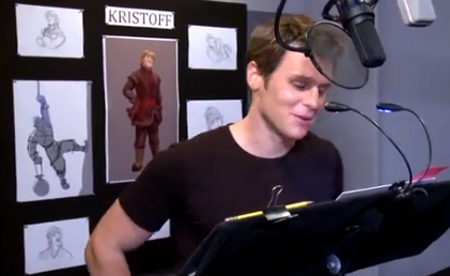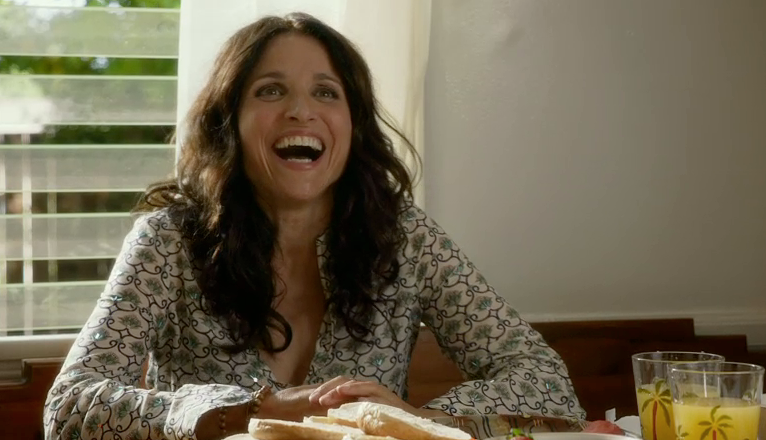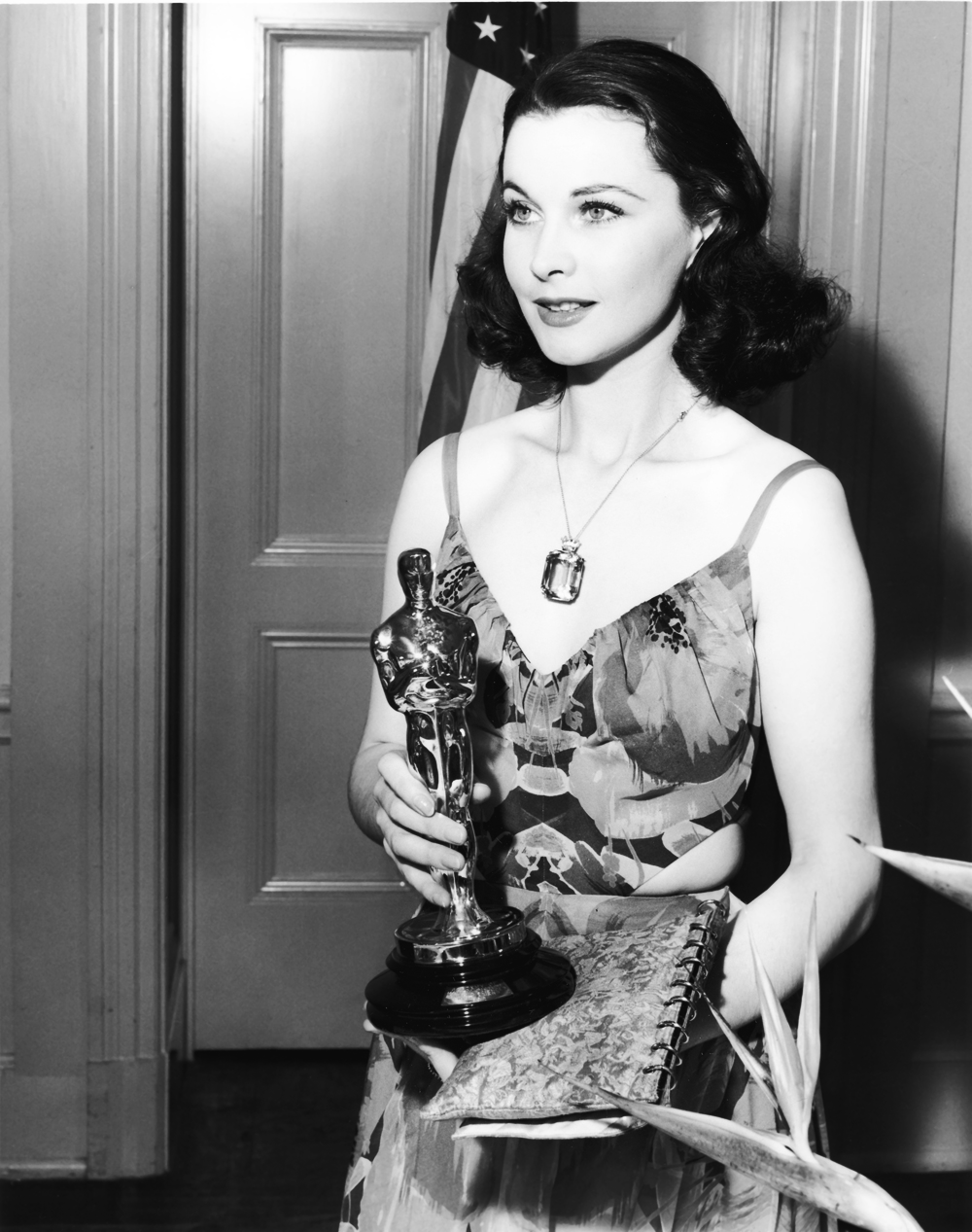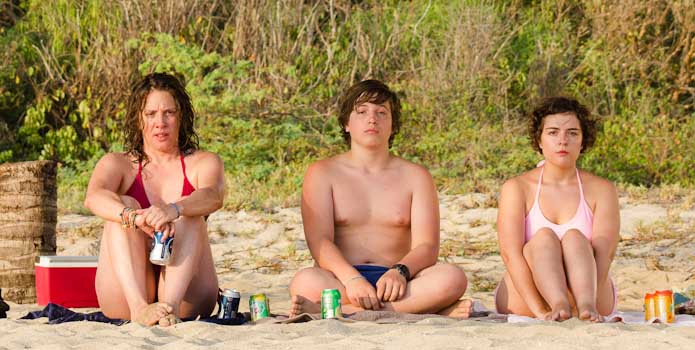Interview: Greta Gerwig on "Frances Ha" and Movie Musicals
 Tuesday, December 17, 2013 at 11:00AM
Tuesday, December 17, 2013 at 11:00AM 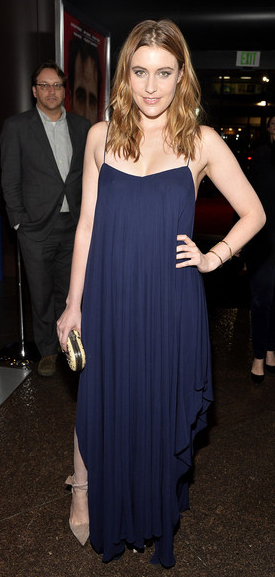 Greta at the "Her" premiere in LA last weekTrue stars are always spectacularly themselves onscreen, even when acing the particulars of a new character. And make no mistake, Frances Ha's Greta Gerwig is a star, despite her deceptively modest indie trappings. Even the Hollywood Foreign Press Assocation, notoriously reluctant to honor non-household names, could see it. They nominated her last week for a Golden Globe alongside little unknowns like "Meryl Streep" and "Amy Adams" for Best Actress in a Comedy or Musical last week. In its own peculiar way Frances Ha is the film that most belongs in that category, being both musically inclined (Greta's Frances is a struggling modern dancer) and very very funny. The actress dances through Frances Ha, which she also co-wrote, with such endearing inimitable style that she's finally ascended, becoming the "GRETA GERWIG!" she was always going to become.
Greta at the "Her" premiere in LA last weekTrue stars are always spectacularly themselves onscreen, even when acing the particulars of a new character. And make no mistake, Frances Ha's Greta Gerwig is a star, despite her deceptively modest indie trappings. Even the Hollywood Foreign Press Assocation, notoriously reluctant to honor non-household names, could see it. They nominated her last week for a Golden Globe alongside little unknowns like "Meryl Streep" and "Amy Adams" for Best Actress in a Comedy or Musical last week. In its own peculiar way Frances Ha is the film that most belongs in that category, being both musically inclined (Greta's Frances is a struggling modern dancer) and very very funny. The actress dances through Frances Ha, which she also co-wrote, with such endearing inimitable style that she's finally ascended, becoming the "GRETA GERWIG!" she was always going to become.
I talked to this gifted actress recently about the somewhat arbitrary nature of movie awardage but we quickly moved on to two topics far closer to her heart: creative collaboration and movie musicals. When it came to the latter, her voice lifted with as much energy as her titular character exhibited in those spirited spinning runs down Manhattan streets in Frances Ha.
•
Nathaniel R: Everyone movie fan I've ever talked to about you remembers vividly the first time they saw you in something. I think this is a huge compliment to you.
GRETA GERWIG: That's really nice.
What do you attribute that to?
I don't know. I think it's sort of "Who let her in the building?" I think it has that effect on people. [Laughter] But I'm glad I'm memorable!
[Three actors Greta loves and movie musicals after the jump...]



